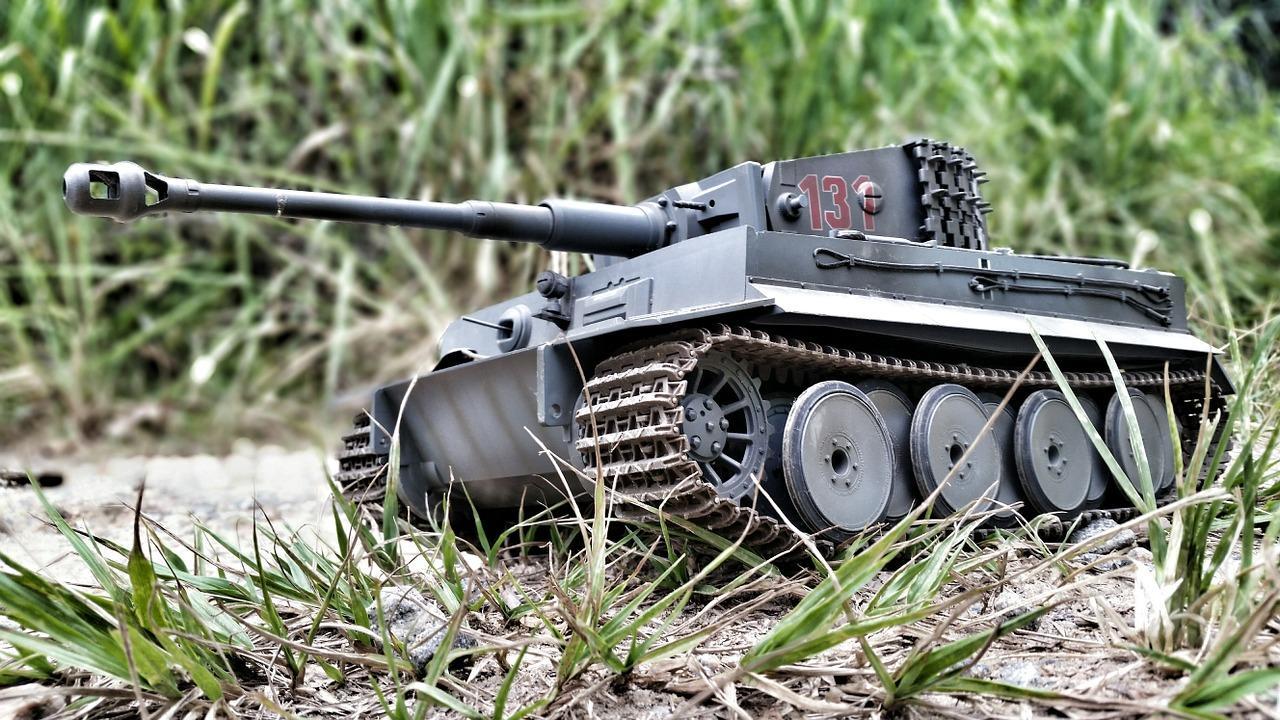Chapitres

Introduction
At the start of the twentieth century Britain was still the greatest world power. By the middle of the century, Britain was clearly weaker than either the United States or the Soviet Union. One reason for this sudden decline was the cost and the effort of the First World War.
I/ Britain's contribution towards the defeat of Germany
The First World War started because Austro-Hungarian empire was assassinated by a Serbian nationalist at Sarajevo.
Britain declared war on Germany for failing to respect the neutrality of the Belgians.
In the first few weeks of war in 1914, Germany nearly defeated the Allies which were Britain and France. Indeed, Germany had better trained soldiers, better equipment and a clear plan of attack.
This war was Britain's first European war for a century and the country wasn't prepared for the terrible destructive power of modern weapons. In 1916, the government forced men to join the army but a few of them refused to fight. For the first time, a government accepted the idea that men had the right to refuse to fight if they believed fighting to be wrong.
On 1st July 1916, Britain attacked German positions on the river Somme. Five months of fighting from this date cost Britain 400,000 dead and wounded.
Modern artillery and machine guns had completely changed the nature of war. The invention of the tank, in 1917, could have change the course of the war.
In the middle East the British fought against Turkish troops in Iraq and in Palestine. There were many casualties there caused by sickness and heat. It was not until 1917 that the British were really able to drive back the Turks.
Somehow, the government had to persuade people that the war was still worth fighting whereas those terrible results. The nation was told that it was defending the weak (Belgium) against the strong (Germany) and that it was fighting for democracy and freedom. At the same time, popular newspapers encouraged the nation to hate Germany and to want its destruction. As a result, when Germany offered to make peace at the end of 1916, neither British nor the French government welcomed the idea. They were prisoners of the public feelings they had helped to create.
For Britain, the war at sea was more important than the war on land. From 1915 German submarines started to sink merchant ships bringing supplies to Britain. At the battle of Jutland in 1916, Admiral Jellicoe successfully drove the German fleet back into harbour. Admiral Jellicoe was the only man who could have lost the war in a single afternoon. If Germany navy had destroyed the British fleet at Jutland, Germany would have gained control of the seas around Britain, forcing Britain to surrender. German submarines managed to sink 40 per cent of Britain's merchant fleet and at one point brought Britain to within six weeks of famine. When Russia, following the Bolshevik revolution of 1917, made peace with Germany, the German generals hoped for victory against the Allies. But German submarine attacks on neutral expedition drew America into the war against Germany. The arrival of American troops in France ended Germany's hopes, and it surrendered in November 1918.
Vous ne comprenez pas tous les mots anglais ? Si c’est pas le cas, pas de panique, chez Superprof vous pouvez prendre des cours d’anglais en ligne avec un prof particulier et progresser rapidement.
II/ The impact of the war on people in Britain
By this time, over 750,000 men of the British army had died and 2 million had been seriously wounded.
In 1919, Britain and France met to discuss peace at Versailles. Germany was forced to accept its punishment. John Maynard Keynes, an economist, argued that it was foolish to punish the Germans for Europe's economic and political recovery could not take place without them. But his advice was not accepted.
There was a great sorrow for the dead. The destruction had been terrible. Wives had lost their husbands, children had lost their fathers, parents had lost their sons. Those who died in battle have been remembered ever since in these words :
They shall grow not old, as we that are left grow old :
Age shall not weary them, not the years condemn.
At the going down of the sun and in the morning
We will remember them.
"For the Fallen", Laurence Binyon 1869-1943.
When peace came there were great hopes for a better future. These hopes had been created by the government itself, which had made too many promises about improved conditions of life for soldiers returning for the war. As soon as the war had ended, the government started a big programme of building homes and improving health and education. But there was far less progress than people had been led to hope for.






















Si vous désirez une aide personnalisée, contactez dès maintenant l’un de nos professeurs !